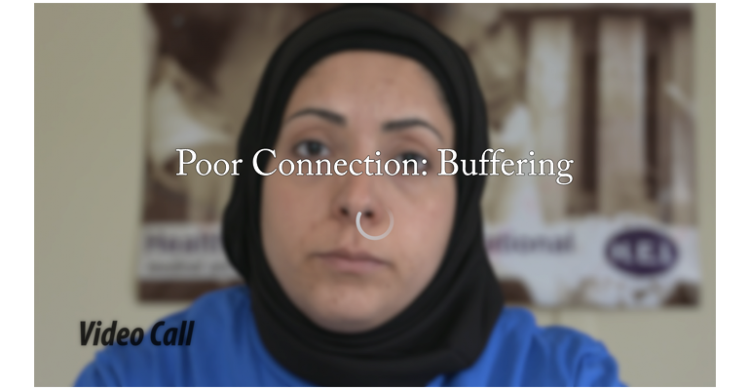
Humanitarian aid organisations have always worked in challenging environments, providing aid in conflict/post-conflict areas or during a health crisis. Many organisations now realise that the safest option for delivering support in these situations can often be to locate non-essential roles away from these compromising areas.
Locating these roles away from the direct area can provide improved outcomes through more effective work.
Remote security management online course
Our remote security management course puts learners in the position of remote programme manager. Their mission is to enact the core practices of good security management in order to continue delivery of projects on the ground.
The course is delivered online, is divided across four modules and includes a combination of written online content, a learning exercise booklet that can be done as a group, and interactive assessment scenarios. It is designed as a cost and time effective way to get a good foundation for remote security management.
Module 1
The first module covers project design. Good security management is essential to any response, as it can really reduce the risk for those exposed. In this module, learners will understand what remote security management is and when it should be used. Module 1 covers the components of what makes an effective remote team, security information, staff competencies, financial implications of launching remote projects and considerations for insecure locations.
Module 2
Module 2 covers project implementation. As they may be required to work across a dispersed security team, learning reviews best practices, decision making, regular coordination, localising security procedures using regional support and developing a security plan that can be understood by everyone.
Module 3
The third module tackles remote security management during an escalation of insecurity. Across this module, learners will gain an understanding of the importance of ‘trigger points’, how they aid an approach for remote security assessments, what part contingency plans play, how the whole team can identify opportunities to change the scale, time or shape of projects and how to identify support needed by field staff.
Module 4
The last module is all about project suspension or closure. Due to working in insecure areas, projects may be forced to temporarily or permanently suspend operations; even when good security plans are in place. Through this module learners will review immediate and strategic responses to heightened security, identify risk management priorities, challenges in regards to staff management, communication, key roles and responsibilities, disposal of project assets and finally how to support potential reopening of projects.
Get started on a remote security management course today.

